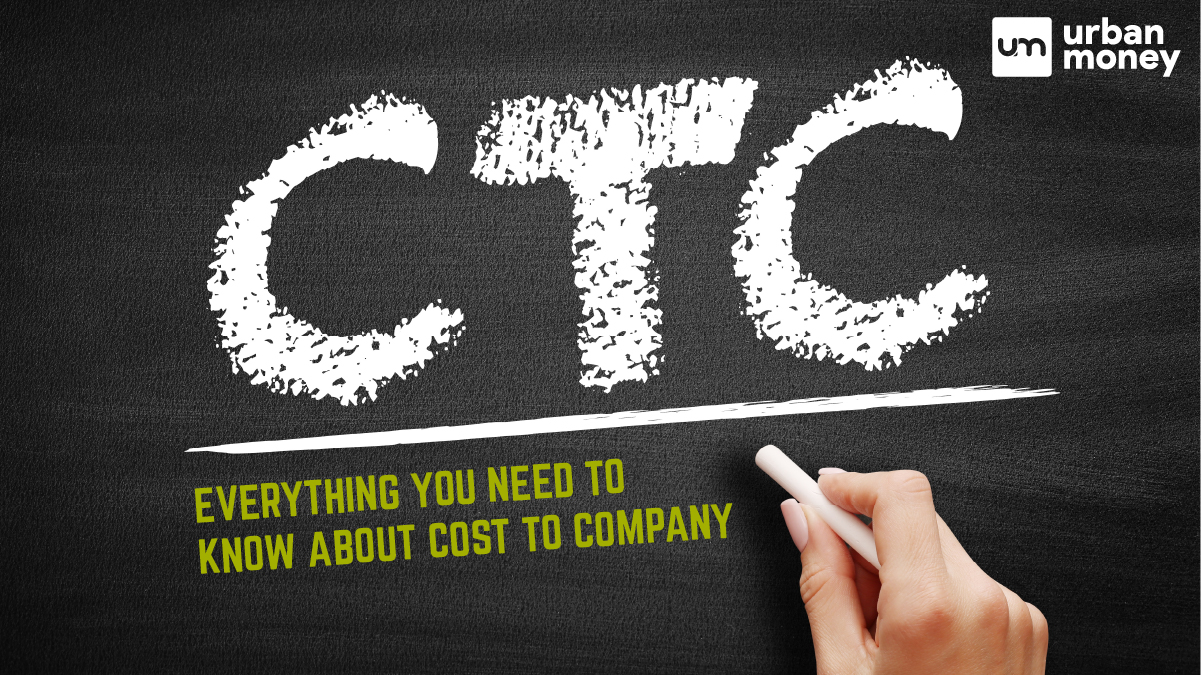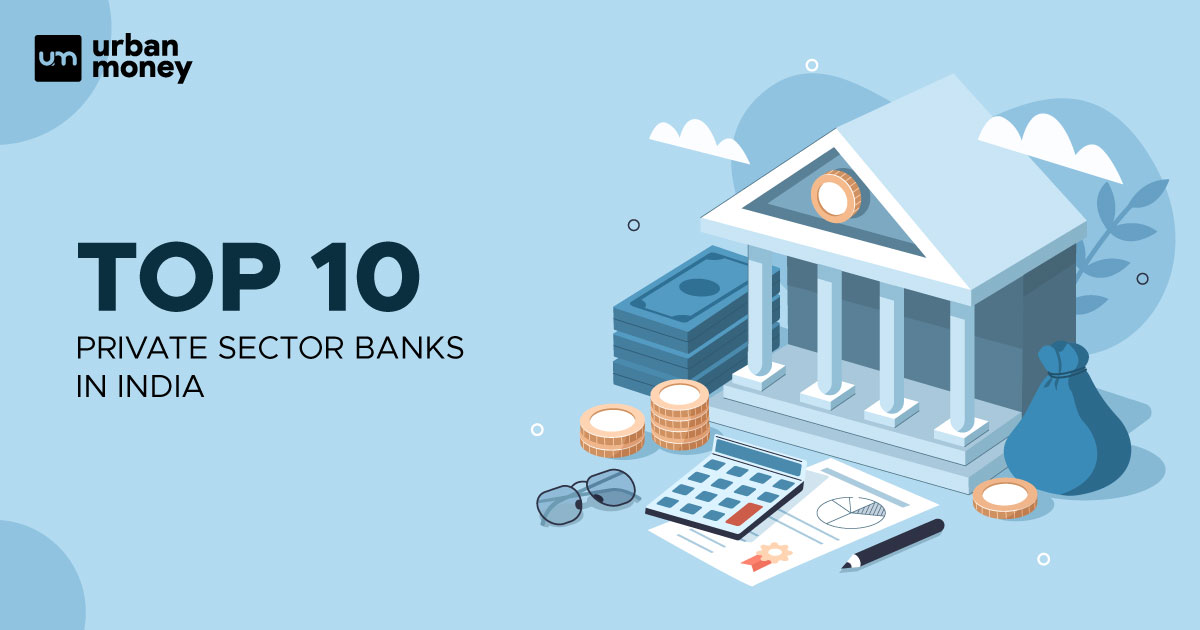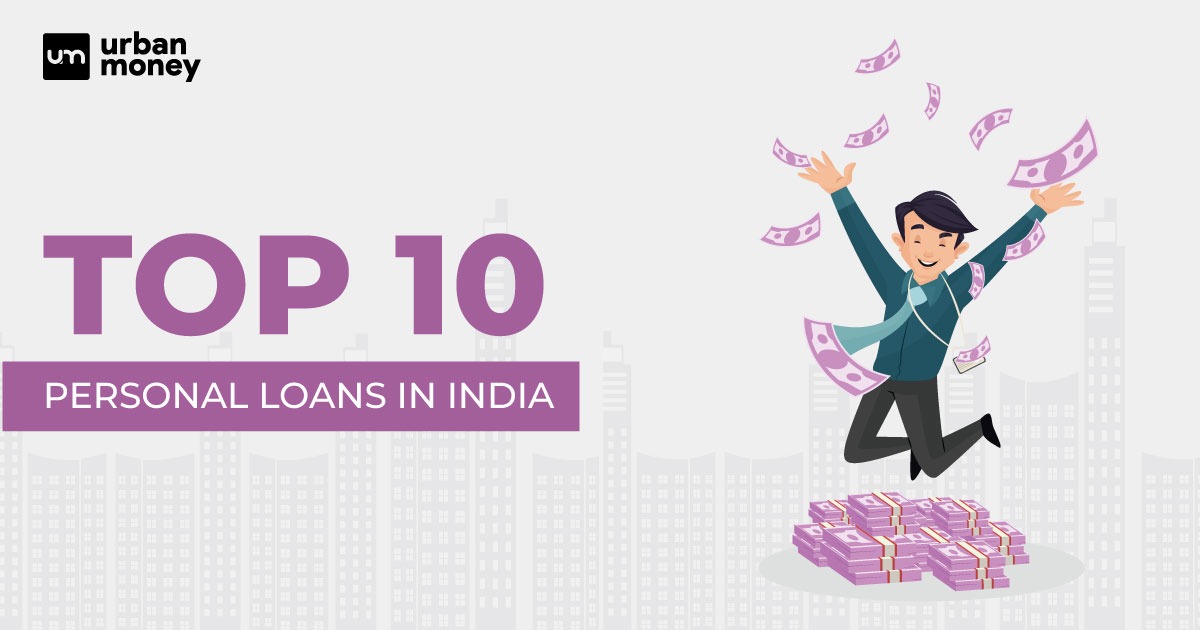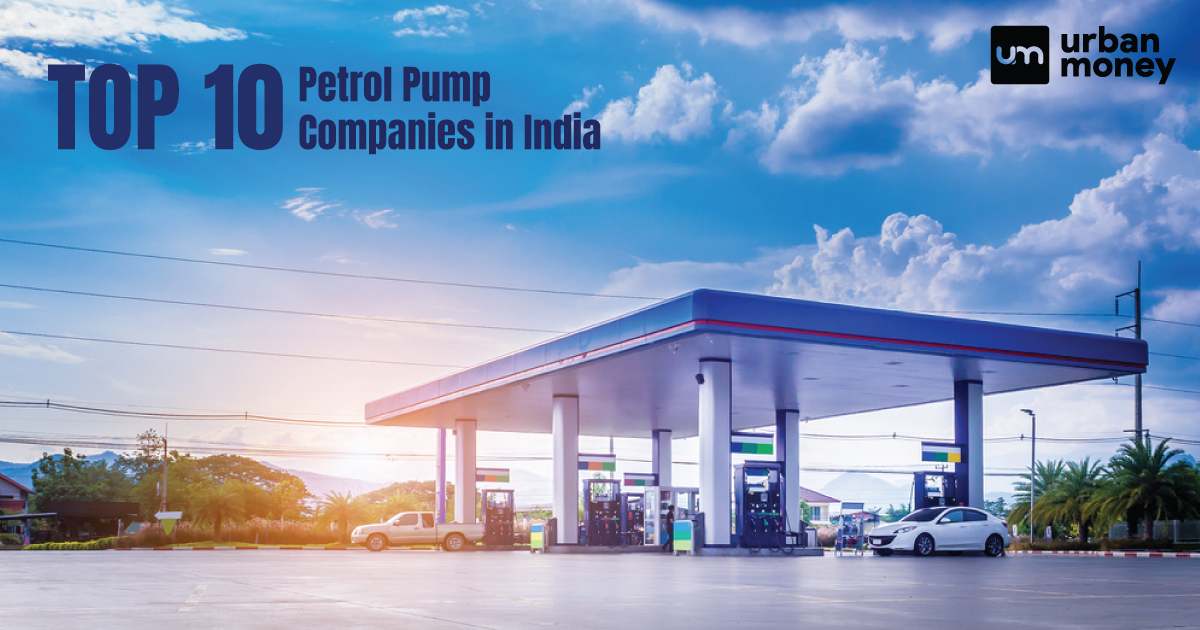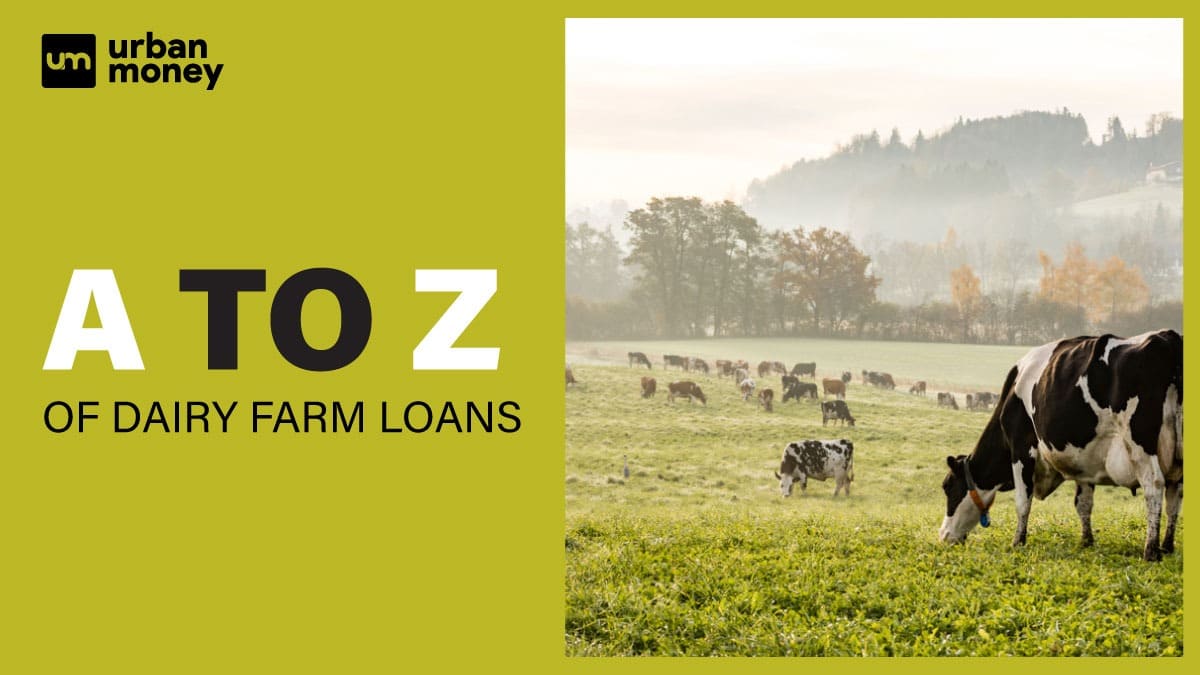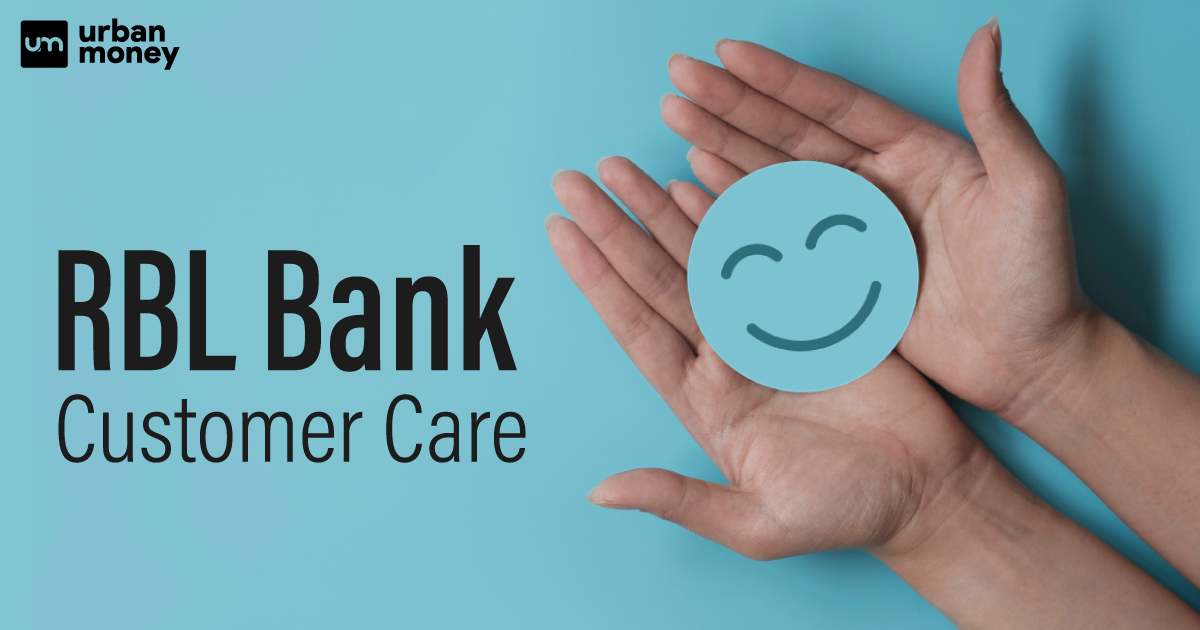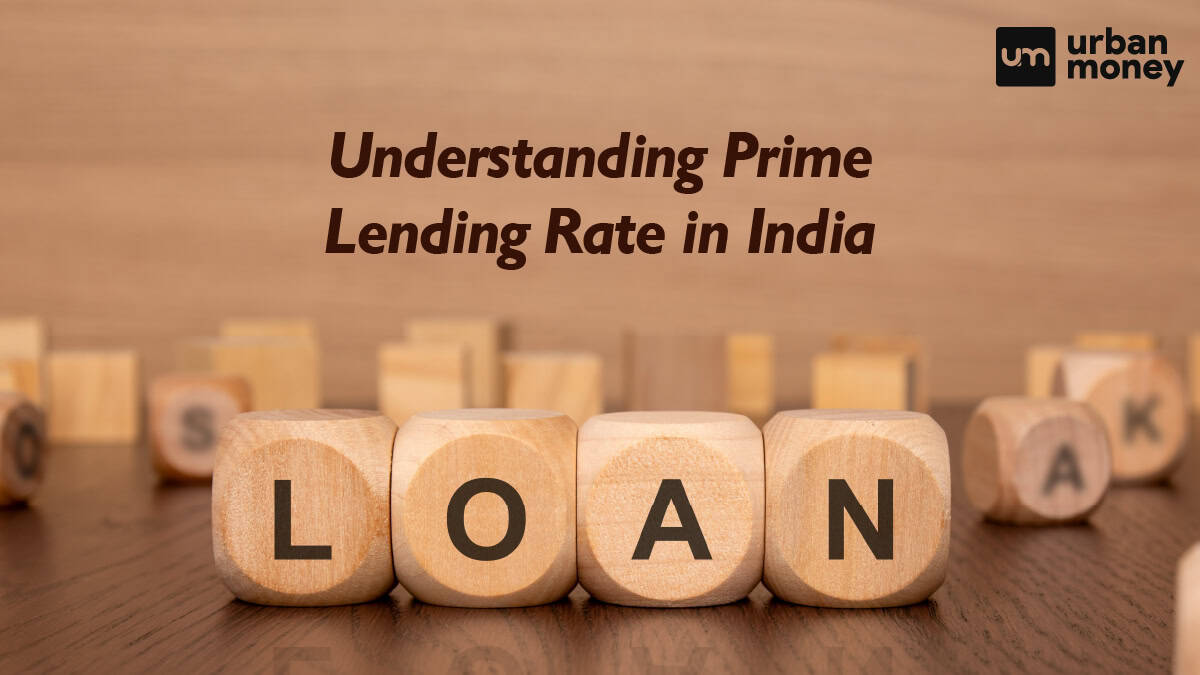Top 10 Best Private Banks in India List 2025
January 09, 2025
Personal Loan Archive | Emergency Loan : Get Urgent Loans

June 09, 2023
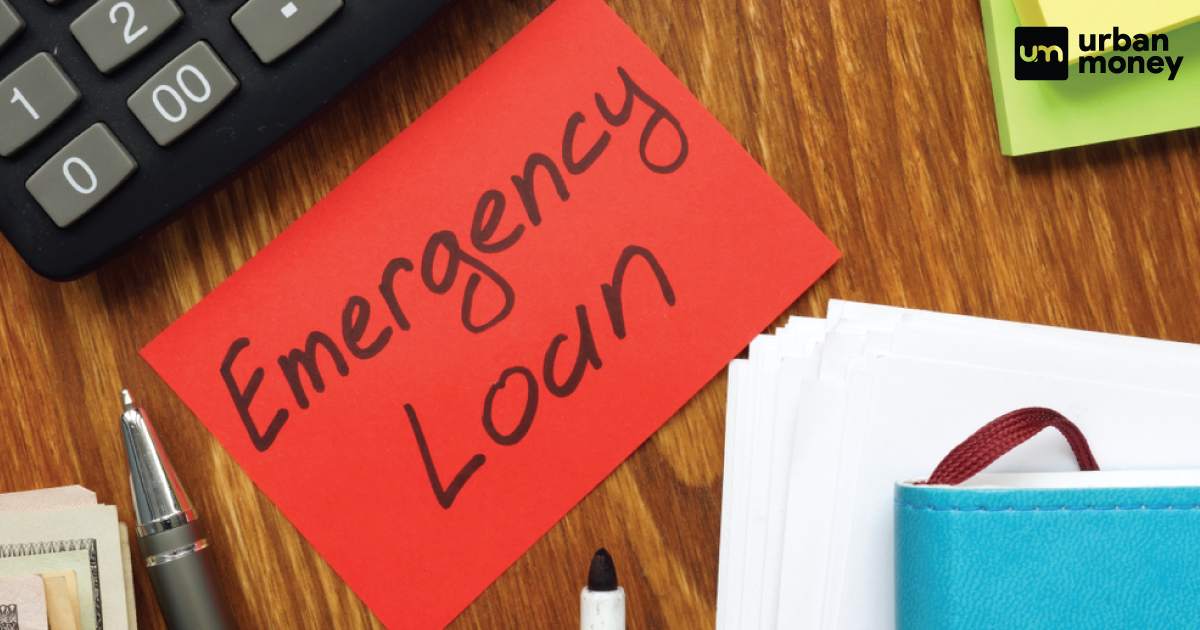

Emergency loans are a type of personal loan that can cover unexpected expenses when you don’t have cash on hand. These loans can help you pay for anything from a medical emergency to a car repair.
Depending on the lender, emergency loans may come with higher interest rates than traditional personal loans because they are designed to be quickly available. When applying for an emergency loan, it’s essential to consider the loan amount you need to cover your expenses and how quickly you need the funds.
Building an emergency fund can also help prepare for unexpected expenses and reduce the need for an emergency loan. Before applying for an urgent loan, research the lender’s fees and repayment terms to ensure you can comfortably repay the loan.
Table of Contents
Toggle| Name | Max Loan Amount | Starting Interest Rate |
| PaySense | Rs. 5 lakhs | 16% per annum |
| MoneyTap | Rs. 5 lakhs | 13% per annum |
| KreditBee | Rs. 2 lakhs | 15% per annum |
| MoneyView | Rs. 5 lakhs | 16% per annum |
| CASHe | Rs. 4 lakhs | 33.46% per annum |
| StashFin | Rs. 5 lakhs | 11.99% per annum |
| EarlySalary | Rs. 5 lakhs | Rs. 9 per day |
| mPokket | Rs. 20,000 | 1% per month |
| Bajaj Finserv | Rs. 25 lakhs | 13% per annum |
| Indiabulls Dhani | Rs. 5 lakhs | 13.99% per annum |
Emergency loans are designed to provide fast access to cash during a financial crisis. Here are some features and benefits of emergency loans:
When applying for an emergency loan, certain documents must confirm eligibility and ability to repay the loan. The specific documentation required may vary depending on the lender, loan amount, and the purpose of the loan.
Generally, the following documents are required to apply for an emergency loan:
Note: It is also good to check with the lender for the specific documentation requirements for their emergency loan application process. Some lenders may require additional documentation to assess the borrower’s creditworthiness and loan repayment ability.
Emergency loans can be necessary for various situations. A sudden medical emergency, unexpected car repair, or urgent home renovation can all require immediate access to funds. Additionally, unexpected job loss or a reduction in income can create a temporary financial strain, making it difficult to cover basic expenses.
In such cases, an emergency loan can provide a quick solution to bridge the financial gap. Emergency loans are designed to provide fast access to funds, helping individuals manage unexpected expenses and get back on track. It’s important to note that emergency loans should be used only when necessary and repaid promptly to avoid accumulating debt.
If you are facing an unexpected expense or emergency, an emergency loan may be a helpful solution to consider. Here are the steps to apply for an emergency loan:
Getting approved for an emergency loan can be a lifesaver when you need funds urgently. Here are some tips that can help increase your chances of getting approved:
Emergency loans are designed to provide fast access to cash for unexpected expenses. While they can be a helpful resource during a financial emergency, there are also some disadvantages to consider before applying. Here are some pros and cons of emergency loans:
Emergency loans can provide fast funding for unexpected expenses but also come with high fees and interest rates. If you’re looking for alternatives to emergency loans, consider the following options:
Emergency loans can be a good option when you need money quickly and don’t have savings or other funds to cover the expense. However, it’s essential to consider whether an emergency loan is right for you before applying for one.
If an individual requires an emergency personal loan, picking a reputable lender with competitive interest rates and favorable terms and conditions is vital.
An emergency loan is a personal loan that can cover unexpected expenses or financial emergencies, such as medical bills, car repairs, or home repairs. Emergency loans typically have a shorter repayment term than traditional personal loans and may have higher interest rates. Emergency loans can come in various forms, including personal loans, credit card cash advances, and payday loans.
To borrow money for an emergency, you can consider applying for an emergency loan from a bank, credit union, or online lender. You may need proof of income and a good credit score to qualify for a loan, and the lender may require collateral. Alternatively, consider using a credit card cash advance, borrowing from friends or family, or exploring other loan options.
Getting an instant 50000 loan may not be possible, as most lenders will require an application process that includes a credit check and verification of income and other financial information. However, some lenders offer quick approval and disbursement of funds, typically within a few business days. To increase your chances of being approved for a loan, you should have a good credit score and a stable source of income. Consider borrowing from friends or family or exploring other loan options with faster approval times.
Getting a loan in 1 hour may be challenging, as most lenders will require an application process that includes verification of financial information and credit checks. However, some lenders offer quick approval and disbursement of funds, typically within a few business days. To increase your chances of being approved for a loan quickly, you should have a good credit score and a stable source of income. Consider exploring other loan options, such as payday loans that may have faster approval times but typically have higher interest rates and fees.
Getting a loan in 10 minutes may not be possible, as most lenders will require an application process that includes verification of financial information and credit checks. However, some lenders offer quick approval and disbursement of funds, typically within a few business days. To increase your chances of being approved for a loan quickly, you should have a good credit score and a stable source of income. Consider exploring other loan options, such as payday loans that may have faster approval times but typically have higher interest rates and fees.
Getting a loan for a single day may be challenging. Most lenders will require a minimum repayment term of several months, and loans with shorter repayment terms may have higher interest rates and fees. However, consider alternative options, such as payday loans or credit card cash advances, which may allow for shorter repayment terms but typically have higher interest rates and fees. What is an Emergency Loan?
How do I borrow money for an emergency?
How can I get an instant 50000 loan?
How can I get a loan in 1 hour?
How can I get a loan in 10 minutes?
Can I get a loan for a single day?










© 2025 www.urbanmoney.com. All rights reserved.

Need Loan Assistance?








